Guide to Vehicle Warning Lights & Other Signs: What to Know
Learn how you should react to protect your ride.
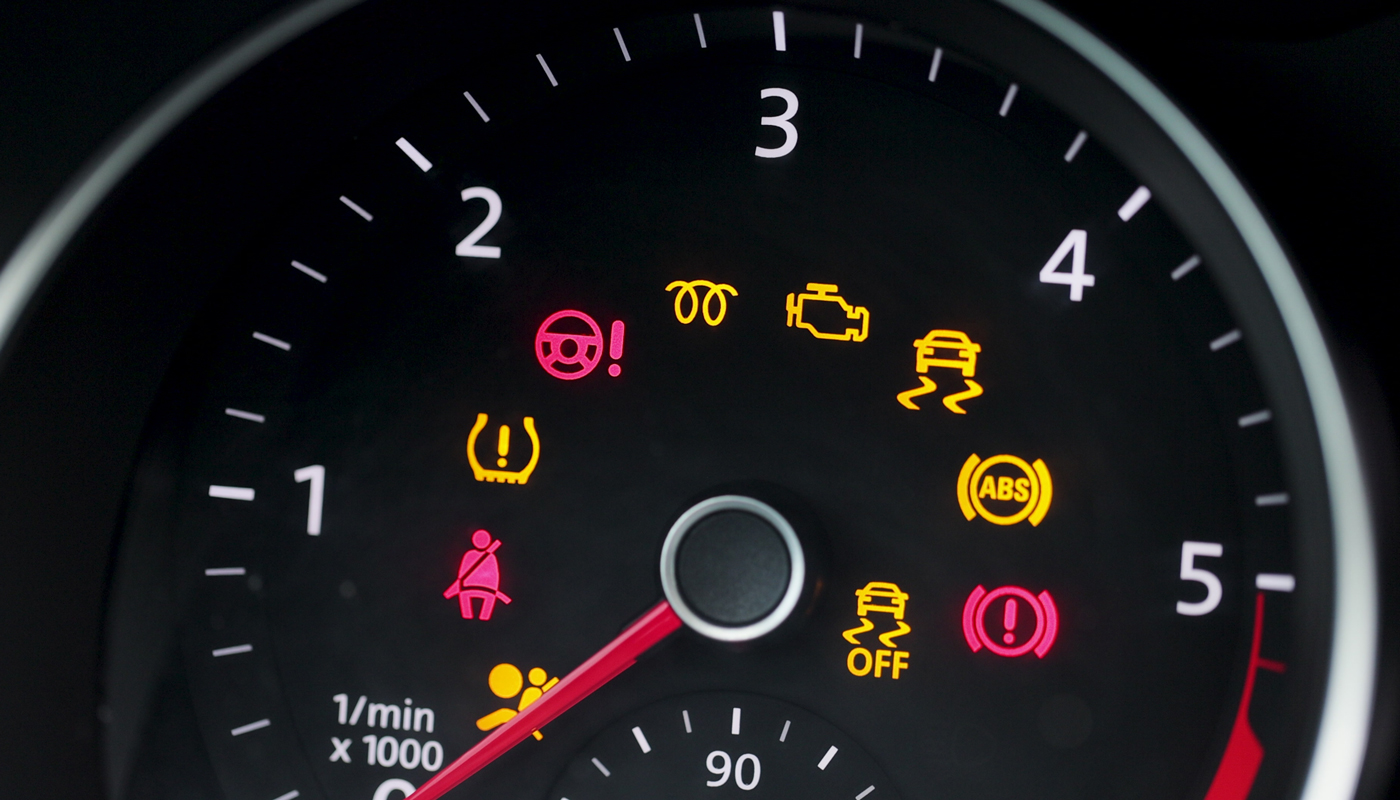 Adobe
Adobe
Owning a vehicle comes with the responsibility of keeping it in top shape. While regular maintenance can help prevent many issues, it’s crucial to recognize and respond to your vehicle's warning signs. From dashboard lights to strange sounds and smells, here’s an in-depth guide to understanding what your car is telling you—and how to respond.
1. Decoding Vehicle Dashboard Warning Lights
Dashboard lights can be the first sign that something isn’t right with your car. Here's a detailed look at the most important warning lights you should never ignore:
- Check Engine Light: This light is one of the most common and most concerning. It can signal anything from a loose gas cap to a serious engine issue. If it’s flashing, stop driving immediately and get the vehicle inspected by a mechanic.
- Oil Pressure Light: When this light comes on, it means your oil pressure is dangerously low. Low oil pressure can cause severe engine damage. Check your oil level immediately and avoid driving if the problem persists.
- Battery Warning Light: This light means your car’s charging system isn’t working properly. It could be an issue with your battery, alternator, or wiring. If your battery light comes on, have your car checked to prevent being stranded with a dead battery.
- ABS Warning Light: The ABS (Anti-lock Braking System) warning light indicates an issue with the system designed to prevent wheel lockup during braking. While your brakes may still work, your ability to stop efficiently could be compromised, so it’s essential to address this issue right away.
- Temperature Warning Light: This light shows your engine is overheating. Continuing to drive with an overheating engine can cause catastrophic engine failure. Pull over immediately, turn off the engine, and let it cool before checking coolant levels or calling for help.
- Tire Pressure Monitoring System (TPMS) Light: This indicates that one or more of your tires are under-inflated. Low tire pressure can lead to poor fuel efficiency, uneven tire wear, or even tire blowouts. Check your tire pressure and inflate the tires to the recommended level.
- Brake Warning Light: This can mean your brake fluid is low or there’s a malfunction in the braking system. Brakes are essential for your safety—get this checked immediately.
 Adobe
Adobe
2. Common Automotive Smells and Their Meanings
Unusual odors can be an early warning sign of trouble under the hood. Here’s what you need to know about these common car smells:
- Burning Smell: If you detect a burnt odor, it could be due to overheated brakes, a slipping belt, or a fluid leak. Burnt oil or electrical insulation can also cause this smell, signaling serious engine or wiring issues.
- Rotten Egg Smell: This smell often points to a problem with your catalytic converter or fuel system. The converter could be failing, or your engine might be running too rich (burning too much fuel). It could also indicate common sign of a failing or dead battery as well.
- Sweet Smell: A sweet, syrup-like smell usually means your car is leaking coolant, which can lead to overheating if left unchecked.
- Gasoline Smell: If you smell gasoline, there may be a fuel leak or an issue with the fuel injector. Don’t ignore this smell as fuel leaks are a fire hazard.
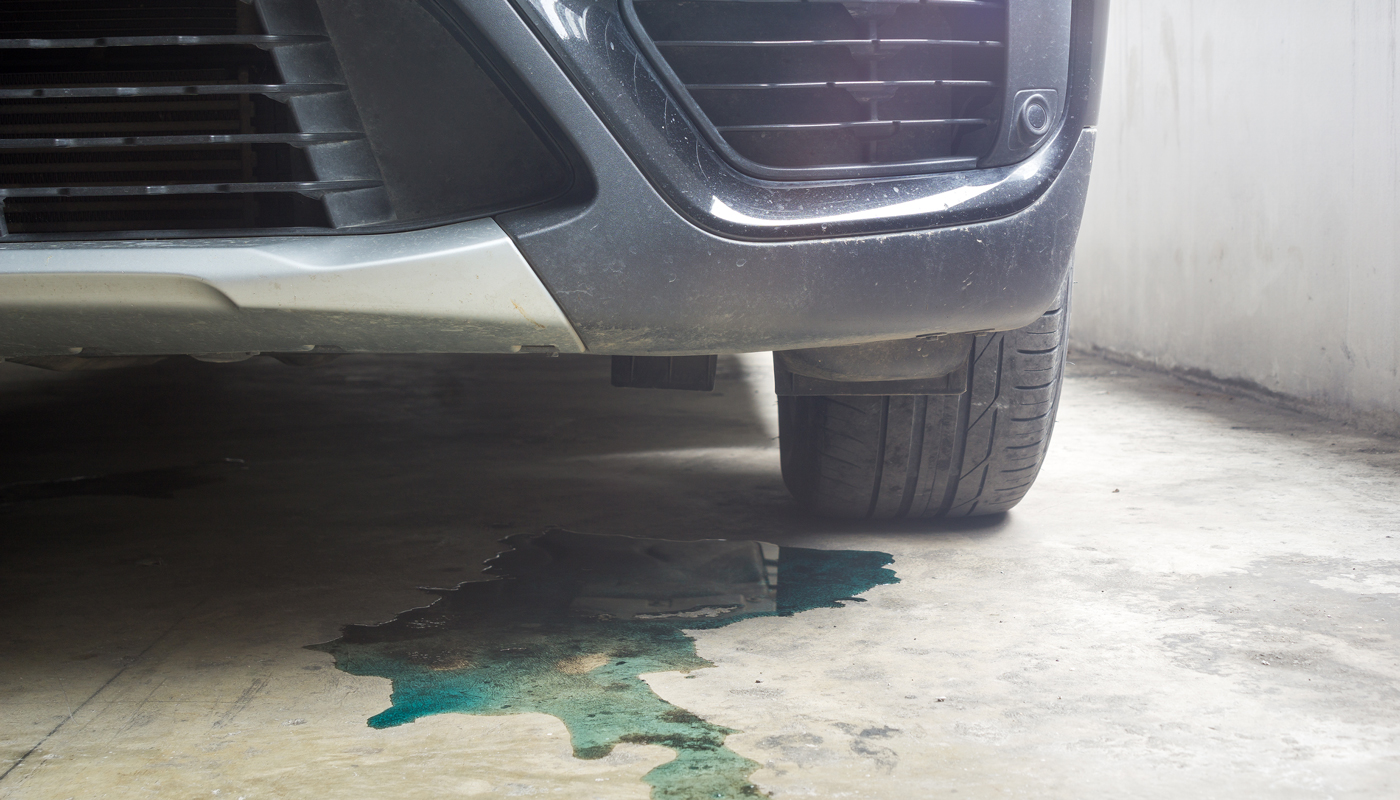 Adobe
Adobe
3. Recognizing Unusual Car Noises
Sounds can be just as important as dashboard lights when it comes to diagnosing car problems. Here are some common noises you should listen for and what they might mean:
- Squealing Brakes: High-pitched squealing often means your brake pads are worn and need replacing. If ignored, this could lead to damage to your rotors, which is a much more expensive repair.
- Clunking Sound: This noise when driving over bumps could indicate a problem with your suspension, such as worn shocks or struts.
- Hissing Sound: Hissing typically points to a fluid leak, particularly coolant. This can lead to engine overheating if not addressed.
- Knocking Noise from the Engine: A persistent knocking or tapping sound often indicates that your engine is low on oil or there is internal wear, which could cause major engine damage if not taken care of immediately.
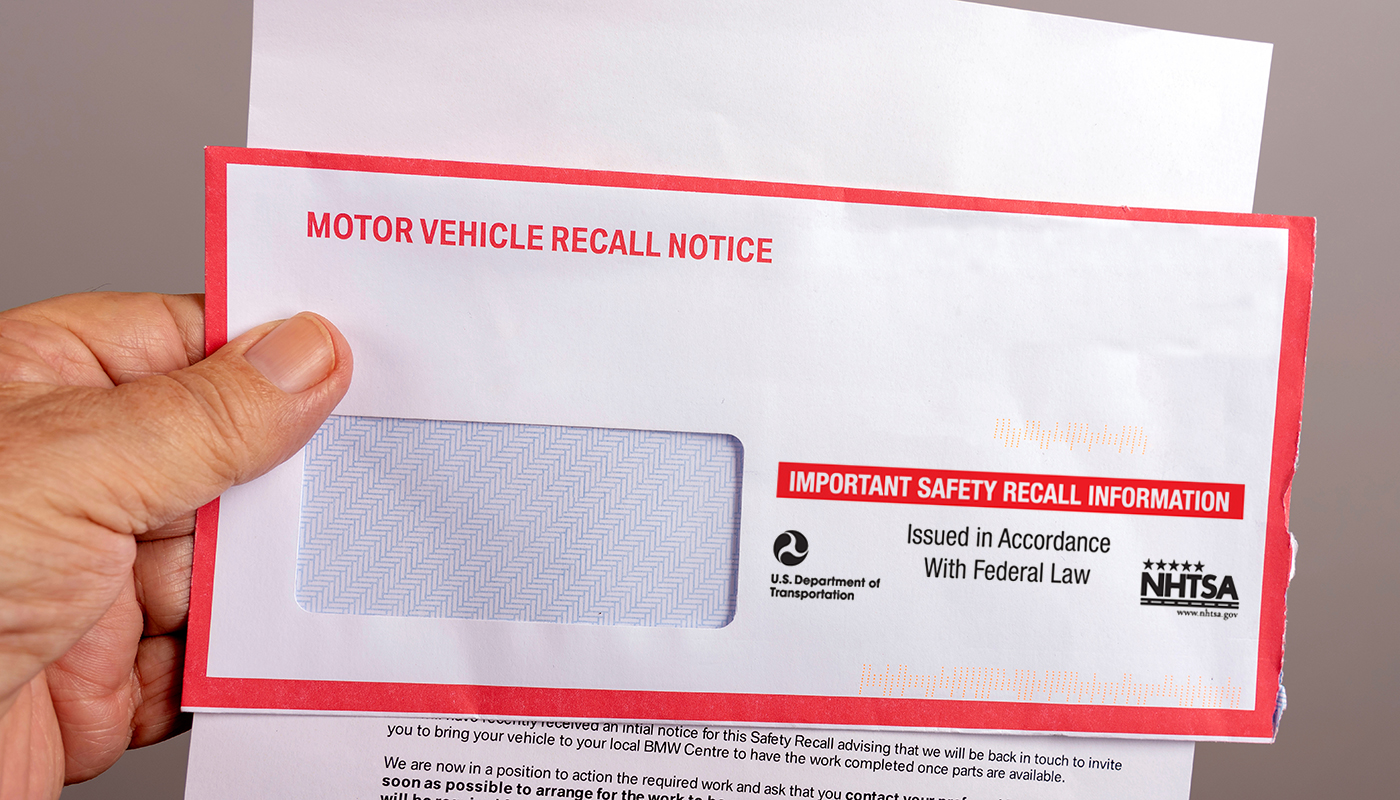 Adobe
Adobe
4. Handling Vehicle Recalls
Automobile manufacturers sometimes issue recalls for safety-related defects or issues. These should not be ignored, as they could lead to accidents or injuries if left unresolved. Here’s what to do if you receive a recall notice:
- Don’t Delay: Take your car to the nearest dealership as soon as possible to have the problem fixed at no charge.
- Check for Open Recalls: Even if you haven’t received a letter, you can check for any recalls on your vehicle by visiting the NHTSA recall website.
- Stay Safe: For serious recalls, avoid driving the vehicle until it has been repaired. The manufacturer may offer a temporary replacement vehicle if needed.
 Adobe
Adobe
5. Windshield Care: Chips and Cracks
A small chip in your windshield might not seem like a big deal, but it can grow into a larger crack, especially if exposed to extreme temperatures or water. Here's what you can do:
- Get Repairs Done Quickly: Small chips can often be repaired without replacing the windshield, but if the damage spreads, you may need a full replacement.
- Visibility Matters: A clear windshield is essential for safe driving. Obstructed views can lead to accidents, especially in bad weather or at night.
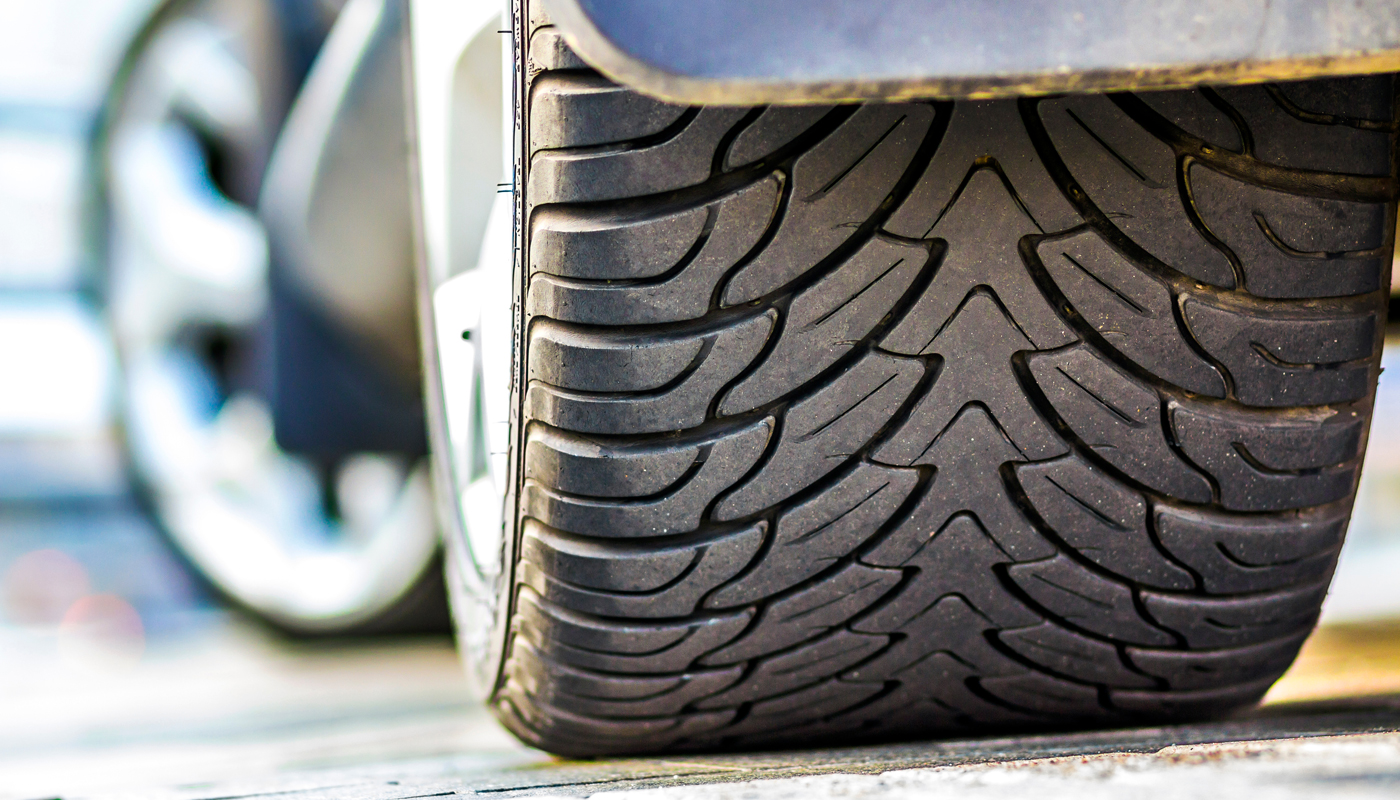 Adobe
Adobe
6. Car Tire Health: What to Watch For
Your tires are your car’s only point of contact with the road, so keeping them in good condition is vital. Here's what to check when it comes to tire tread:
- Tread Depth: Use the quarter test to check your tire tread. Insert a quarter into the tread with Washington’s head down. If you can see the top of his head, your tires need to be replaced.
- Uneven Wear: If your tires are wearing unevenly, it could indicate issues with alignment, suspension, or improper inflation. Get this checked by a technician to avoid a blowout.
- Bulges or Cracks: Bulges in the sidewall or cracks on the tire’s surface are signs of impending tire failure. Replace these tires immediately to avoid a dangerous situation.
7. Car Fluid Levels and Leaks: What to Monitor
Your car relies on several vital car fluids to function properly. Be sure to monitor these regularly:
- Oil: Regular oil changes are essential for engine health. Low oil levels or dirty oil can cause serious damage to your engine.
- Coolant: This keeps your engine from overheating. Check coolant levels regularly, especially in hot weather.
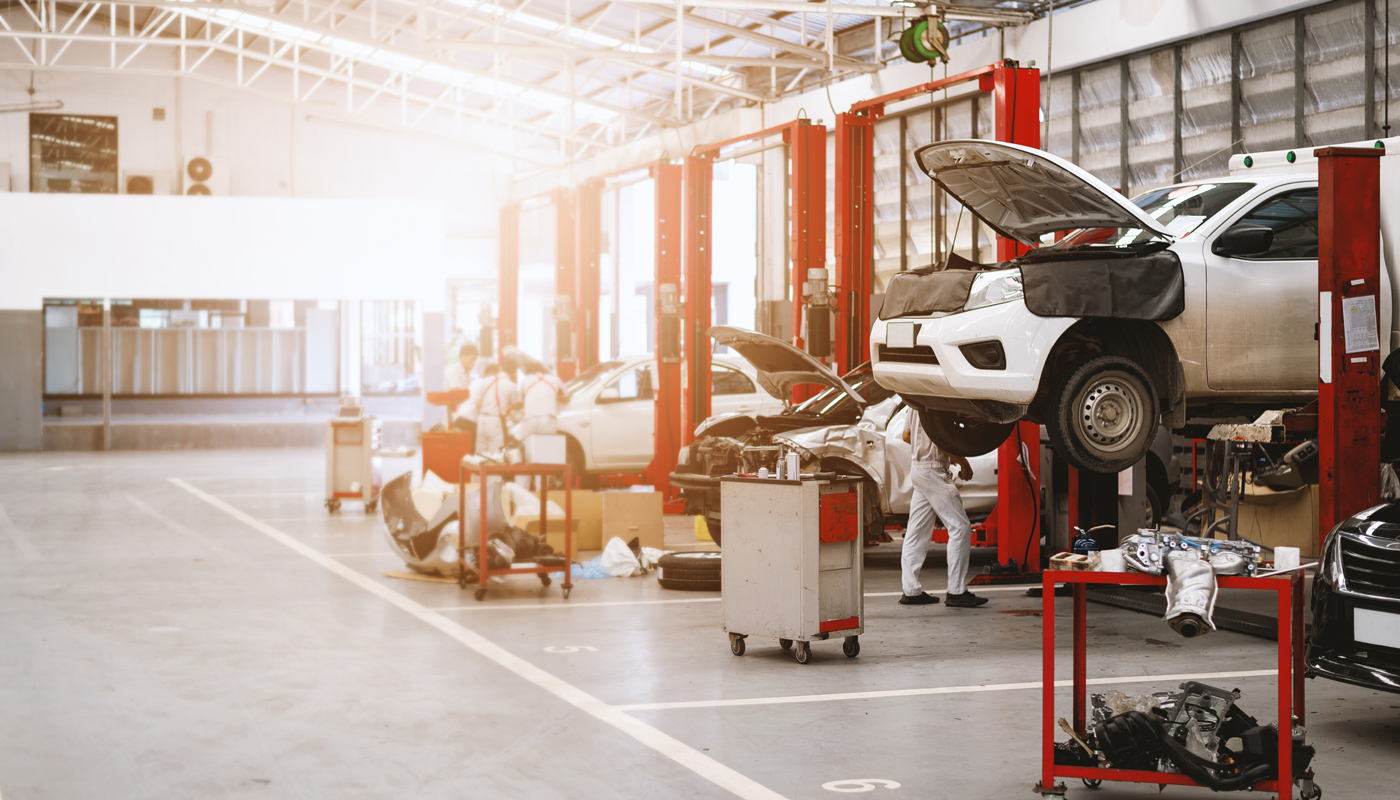 Adobe
Adobe
8. The Importance of Routine Vehicle Maintenance
Routine maintenance is key to preventing major vehicle problems. Here’s a checklist of tasks you should regularly complete:
- Oil Changes: Follow your manufacturer’s recommendations for oil change intervals, usually every 3,000 to 5,000 miles.
- Tire Rotations: Rotating your tires every 6,000 miles can help extend their lifespan and improve handling.
- Brake Inspections: Have your brakes inspected annually to ensure they’re in good condition.
- Battery Checks: Test your battery at least once a year to prevent unexpected failures.
The Bottom Line
Ignoring automotive warning signs can lead to dangerous driving conditions and costly repairs. Understanding what your car is telling you, from dashboard lights to unusual sounds and smells, will help you address problems before they become serious. Combine this knowledge with regular maintenance and professional inspections to keep your car running smoothly and safely.